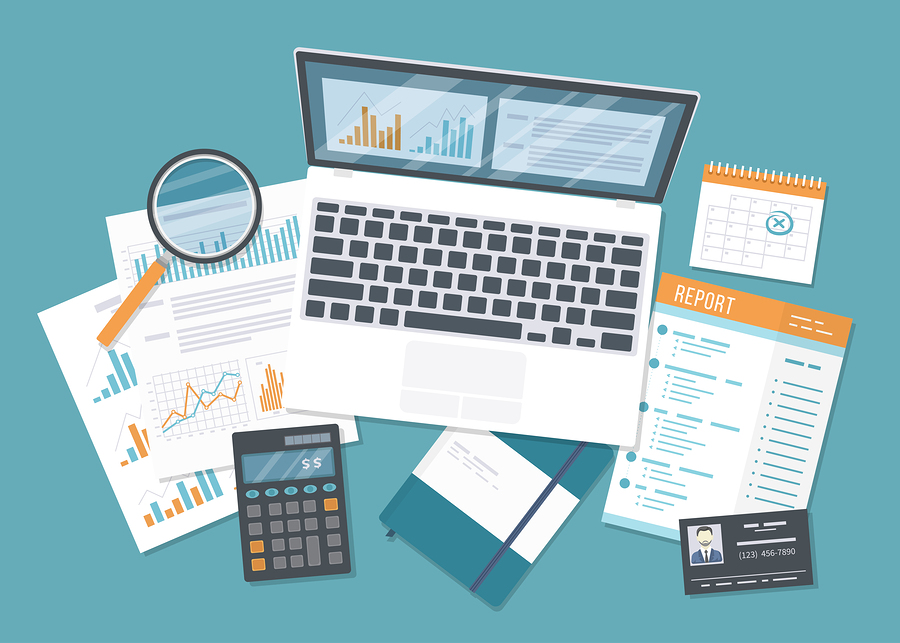Do you ever worry that, sometimes, there’s just a little too much to keep track of as a small-business owner? Too many receipts sit around waiting to be filed, too many client’s details unaccounted for in a stack of papers, and too many important dates, notes and numbers scribbled on post-it notes? If that sounds like you, it’s time to consider how your small business could benefit from ditching the paper trail in 2020 beyond. Here are a few things to consider.
Why?
Before embracing the changes, it’s worth understanding why it’s beneficial. As a small-business owner, you have multiple responsibilities beyond your field of expertise. It’s important, therefore, that you don’t waste too much time stressing about admin when you could be earning money building your client’s beautiful extension or designing a customer’s sleek new website.
Ditching the paper trail is perhaps the best way to streamline your business, so you can focus more time doing what you do best. Taking important parts of your business online such as finances, client details and your calendar means everything you need is in one central location; easily accessible to you anywhere and at any time. And, yes, that does include if you plan on taking a bit of time off over the festive period to head to the beach!
How?
While it might sound a little daunting replacing paper with software – especially if you’ve always relied on physical copies of things – it’s actually easier than you might realise. Technology was once the domain of big businesses, but now it’s easier to use and more affordable for small businesses. Replace your filing cabinet with Google Drive, for example, so you can easily store and access important documents wherever you are.
Ditch the rolodex by uploading all your customers, suppliers and subcontractors’ details in a digital address book so that you never lose that important phone number or address. And say goodbye to money worries by implementing cloud accounting, invoicing and financial accounting software. Indeed, your finances are perhaps one of the primary areas in which your small business can benefit from being digitised.
Mastering your money
Money makes the world go around, or so the old saying goes. And after all, as a small-business owner, money is probably never far from your mind. But taking your finances online can help you stay on top of every cent and get paid faster. Tools such as ours can help you track your expenses, send professional electronic invoices, create detailed, powerful financial reports and accept multiple forms of payment.
Take invoicing, for example. Sending itemised, electronic invoices via an app, rather than by post or pdf, immediately after completing a job or receiving an order can help you get paid faster. What’s more, you can also send automatic reminders when payment is overdue, to minimise time spent chasing unpaid invoices. And, if keeping track of receipts and expenses worries you, simply take a photo of your receipt to safely store a digital form and assign it to the right customer or project.
When the days of digging through boxes, folders and files are behind you, your business can operate more efficiently, allowing you to focus more on doing what you do best during the year ahead. Doesn’t that sound exactly like the type of 2020 vision that your small business needs to see the future with clarity?
Chris Strode, Founder, www.invoice.2go.com












